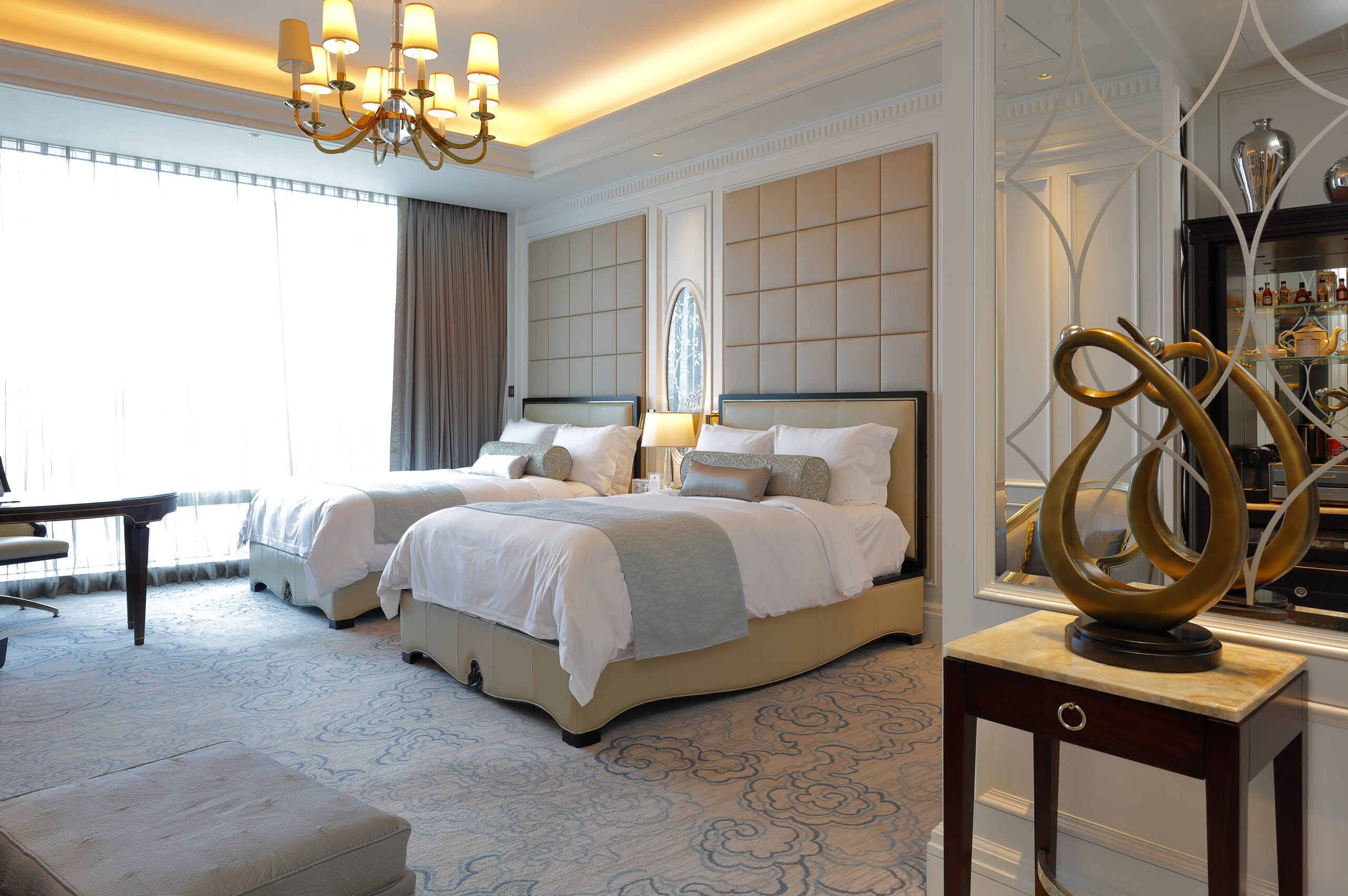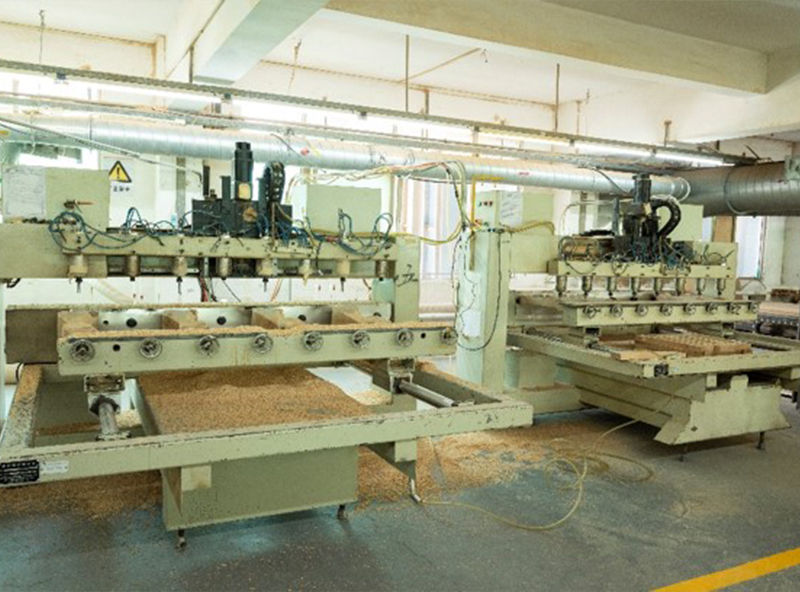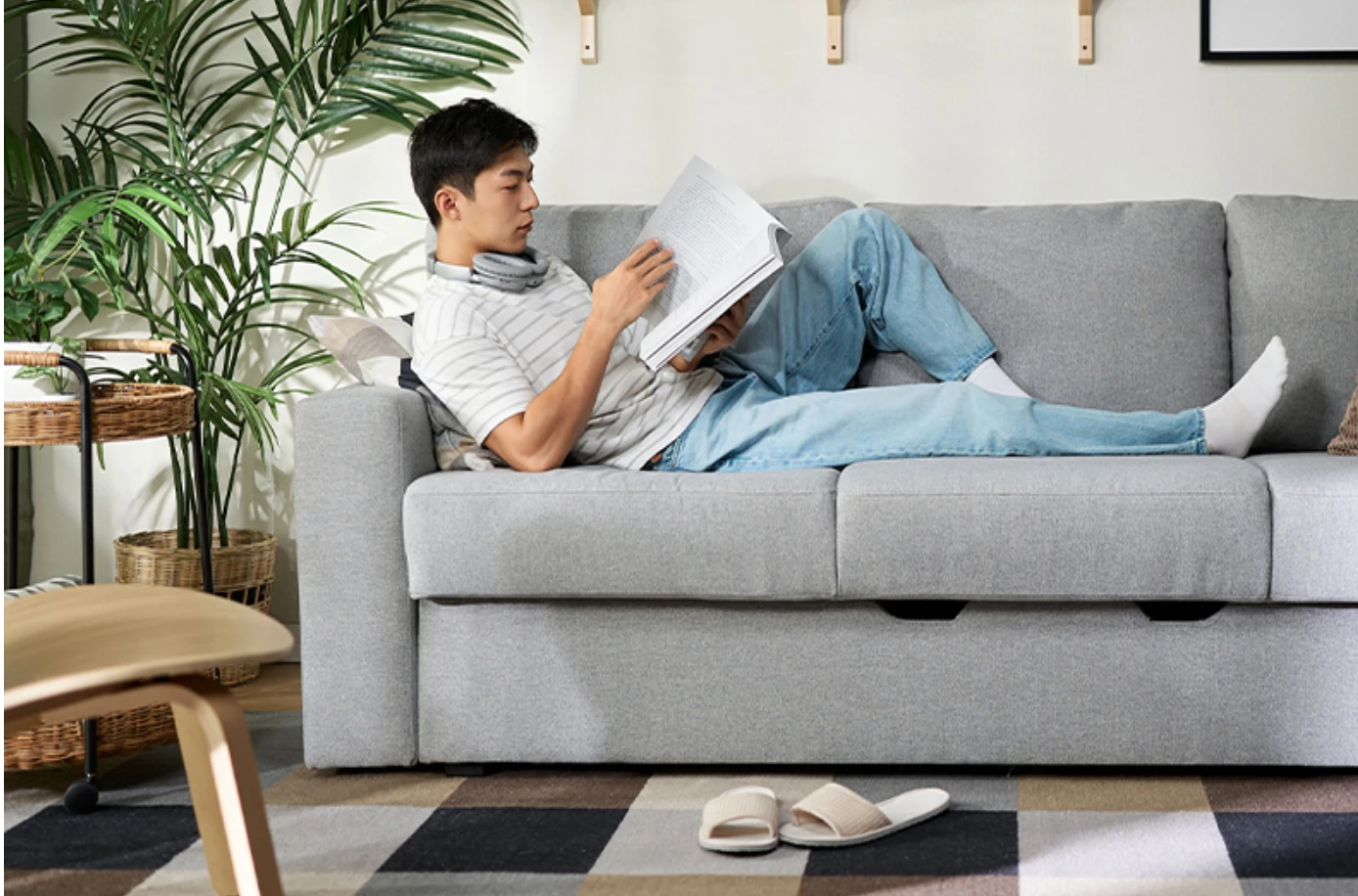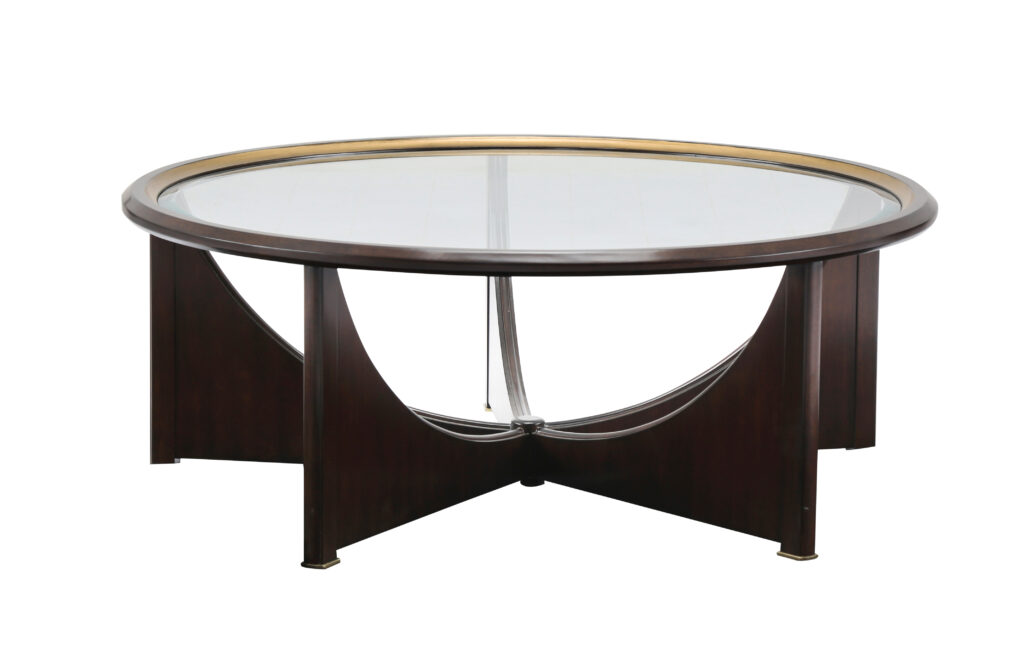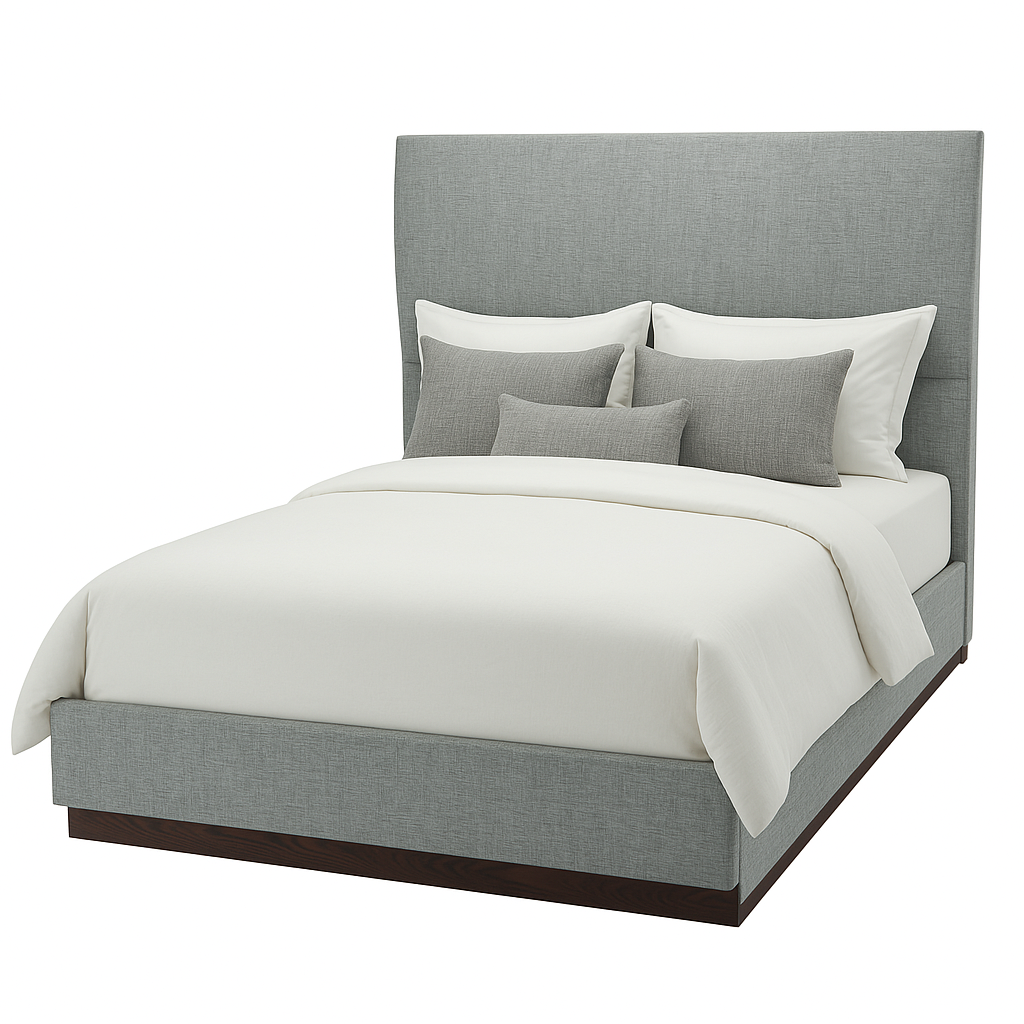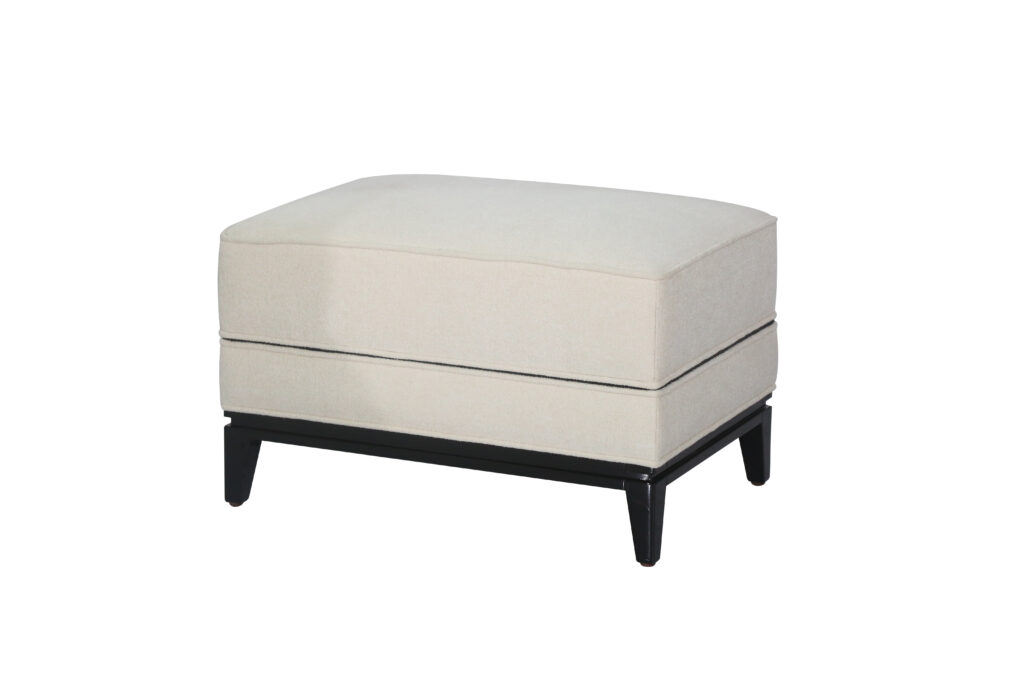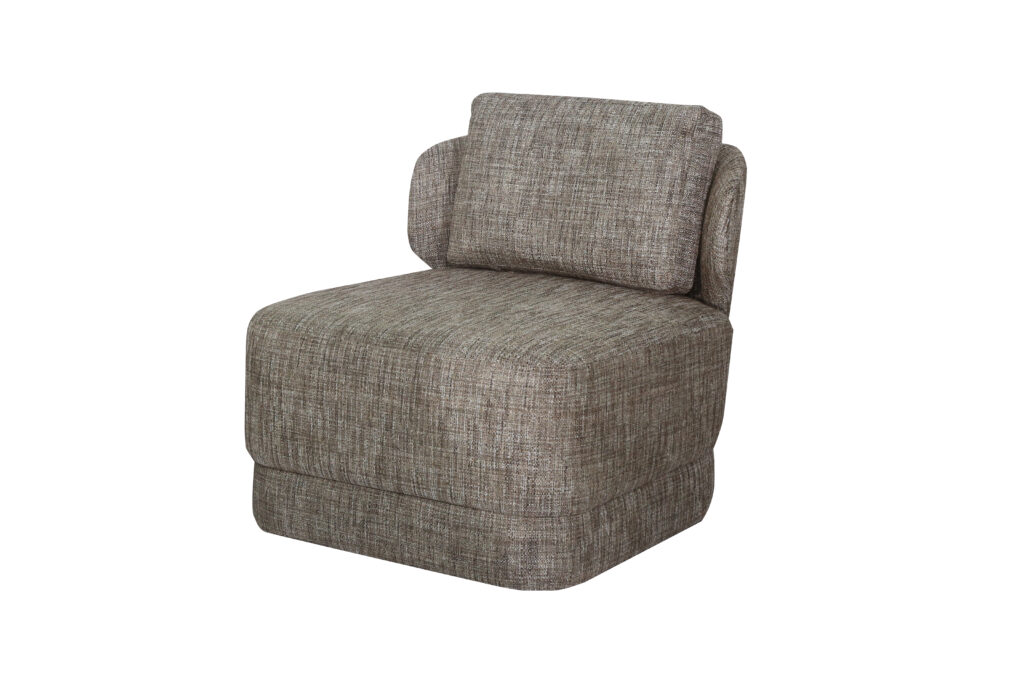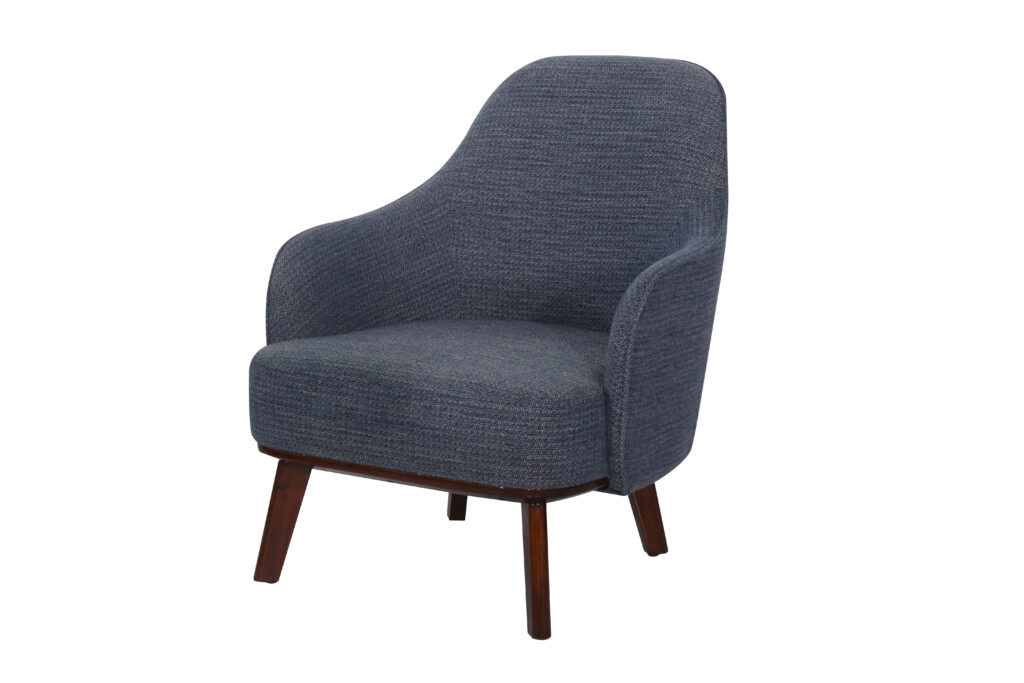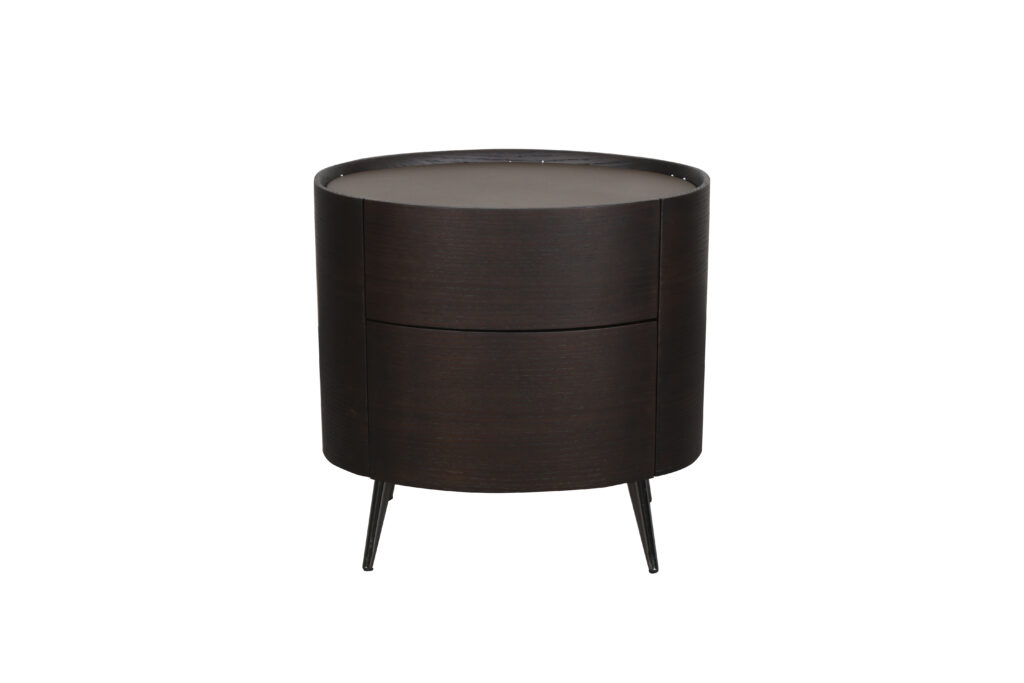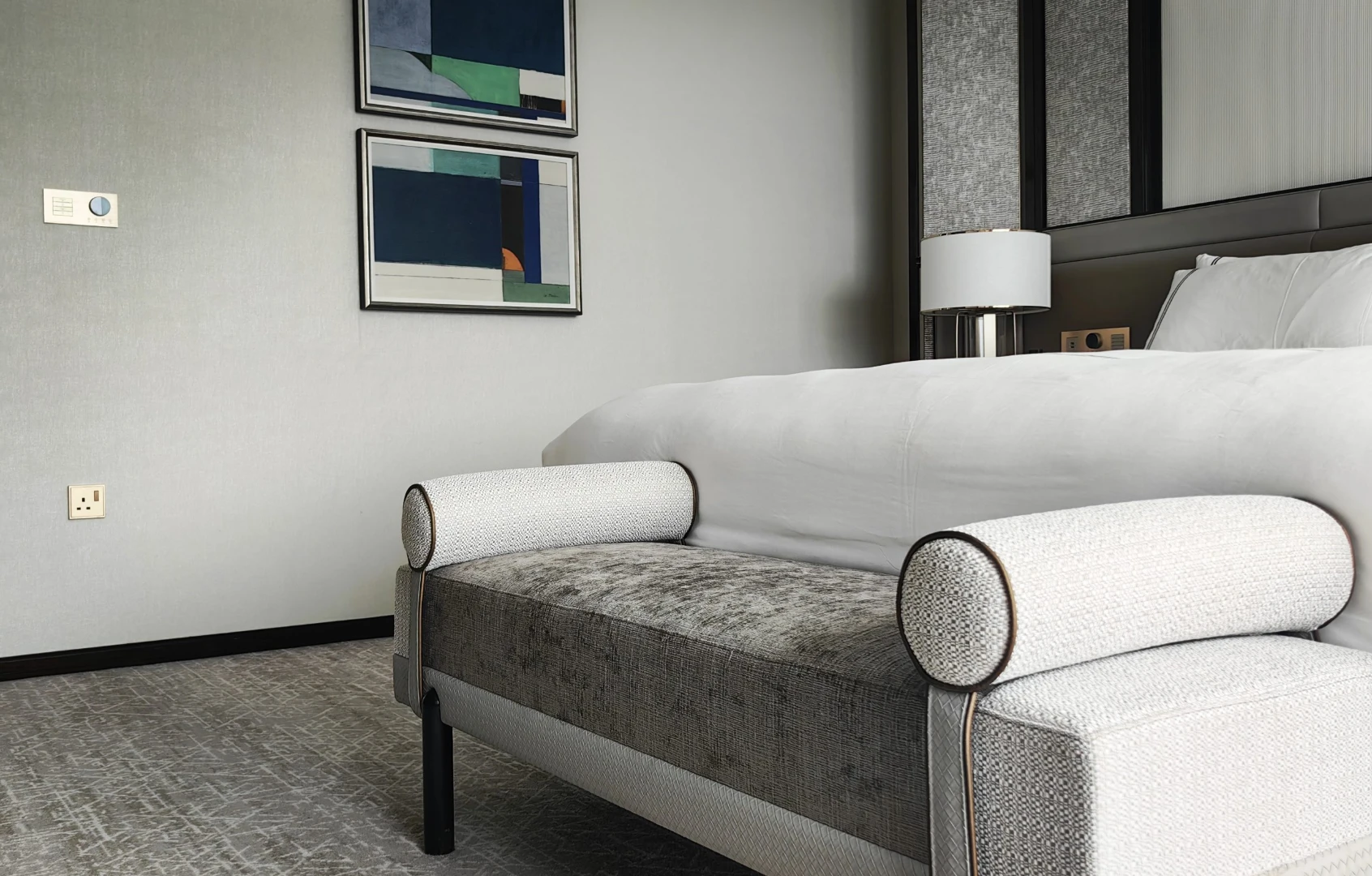
Location
Constantia, Cape Town, Sud Africa
Year
2025/02/10
Business Unit
Malan Vorster Architecture Interior Design
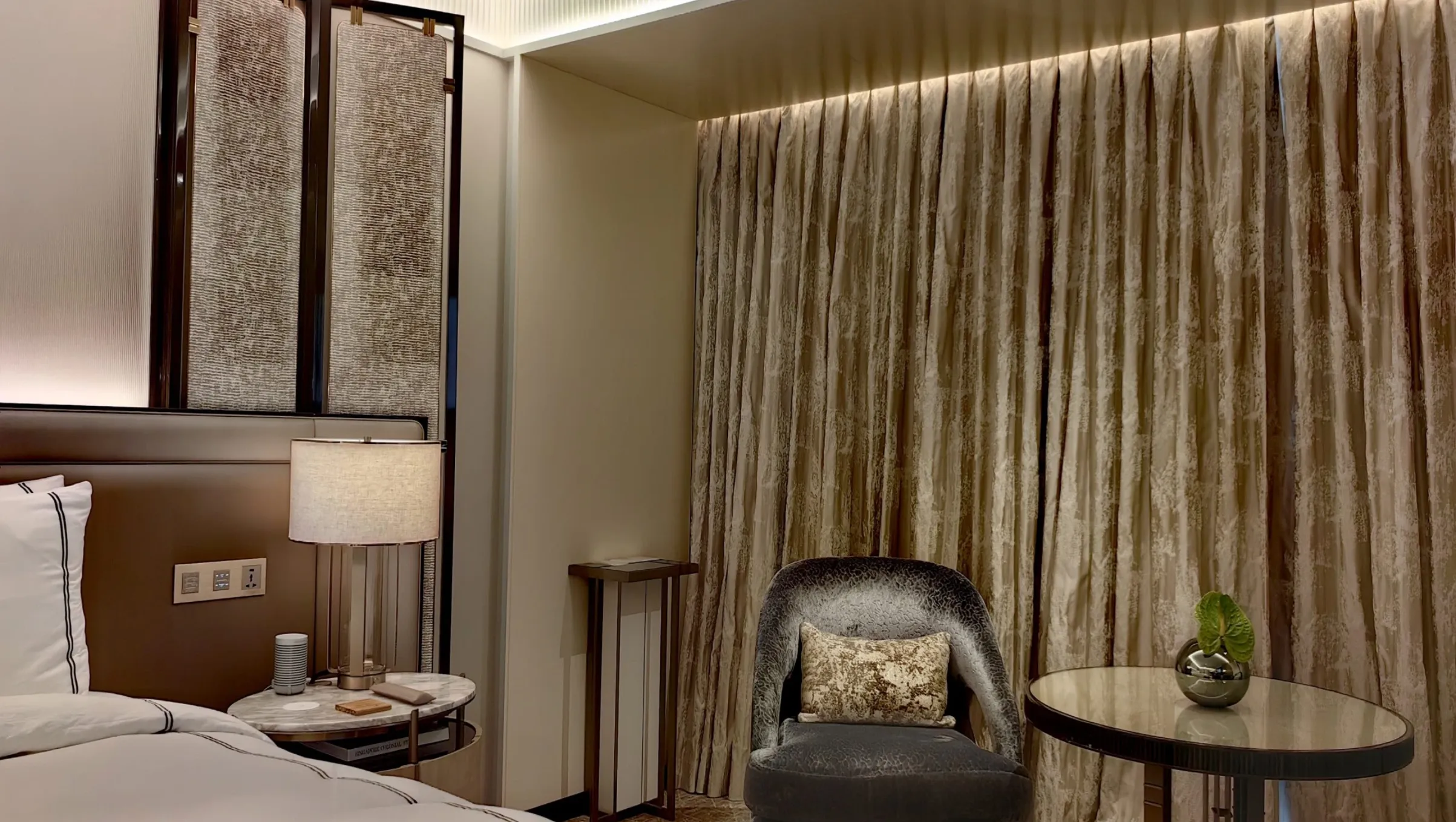
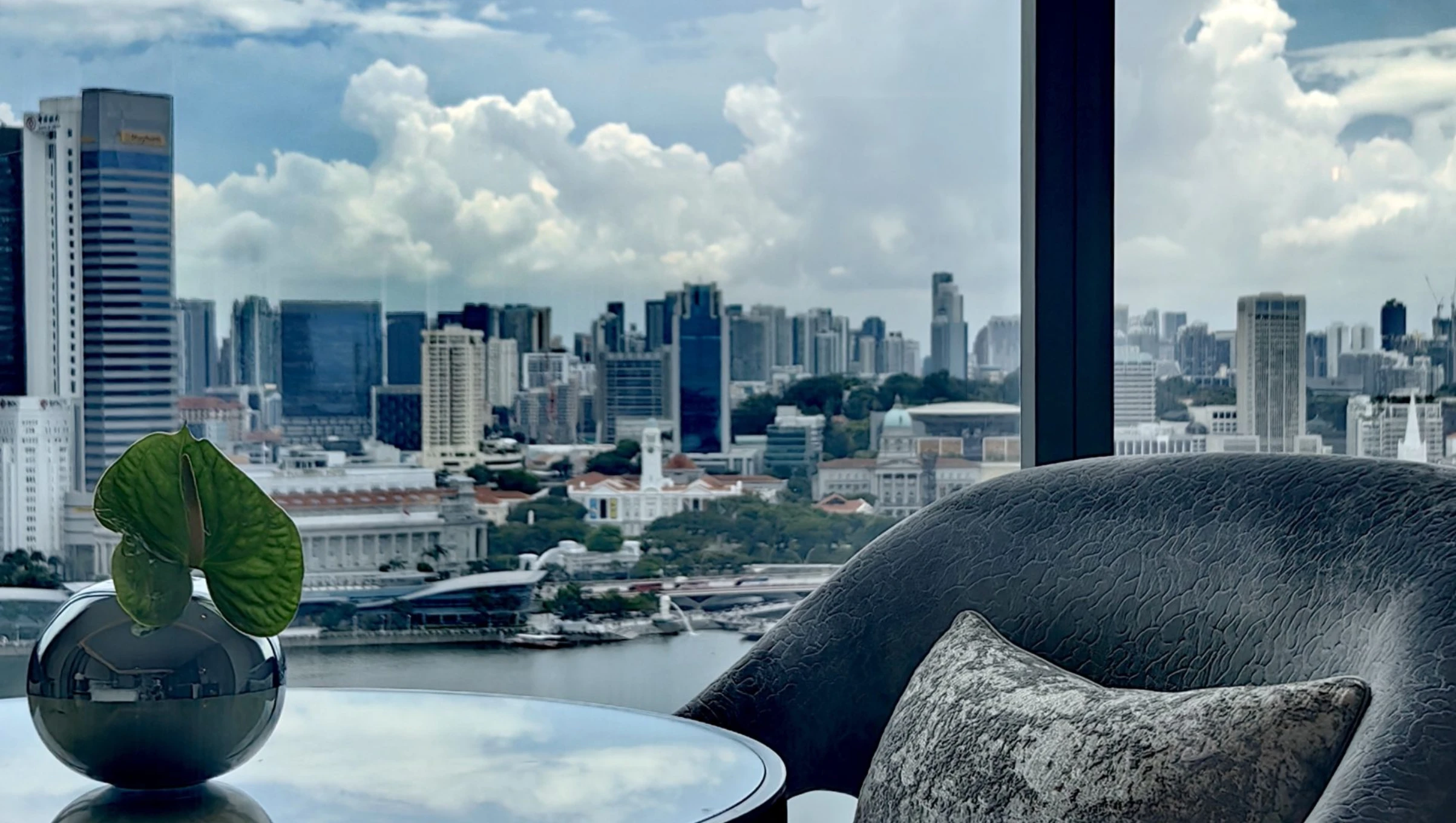
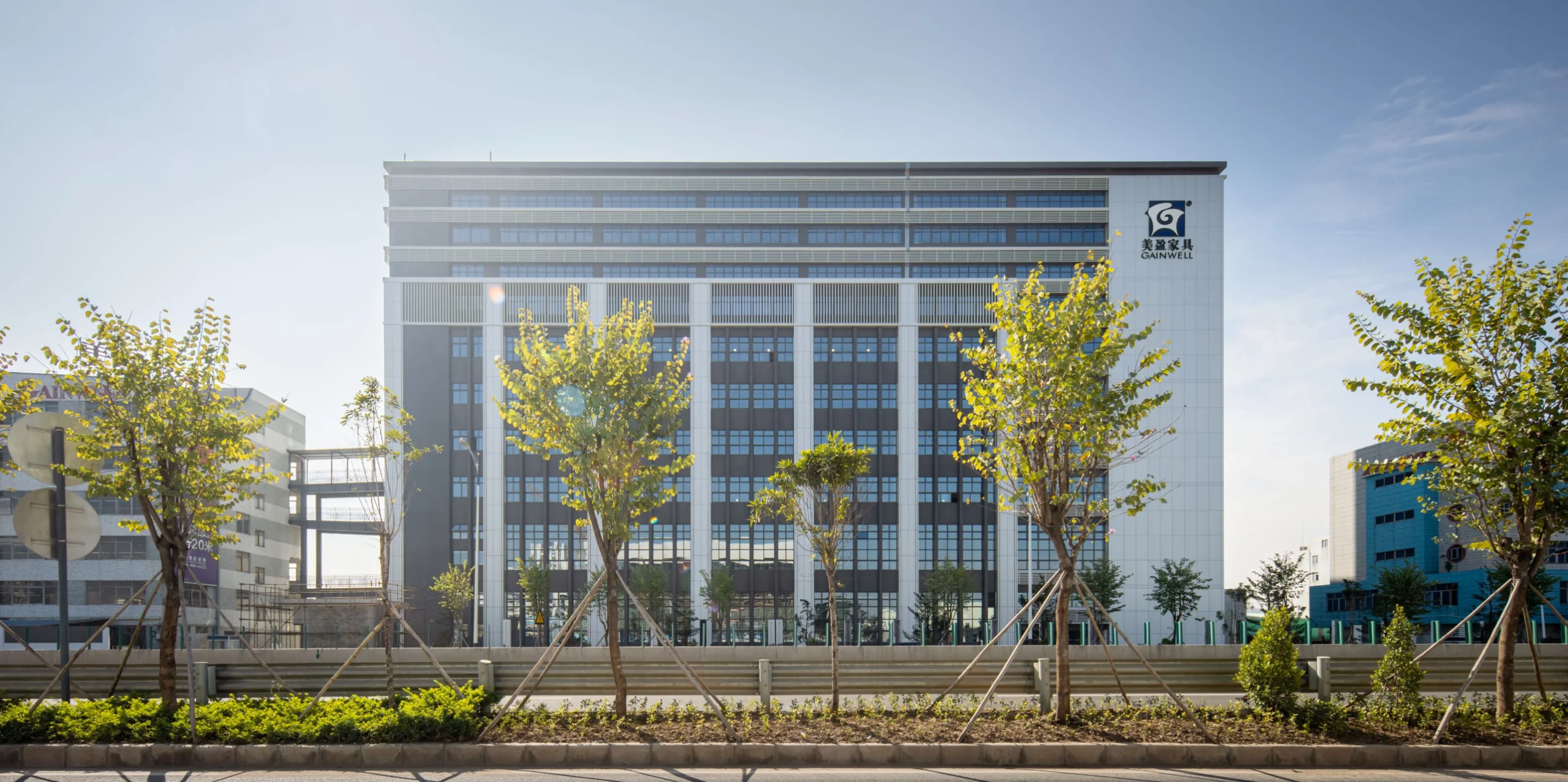
Discover the Latest Hospitality Furniture Trends in 2025
The future of hospitality design is here, and it’s paving the way for a more sustainable, functional, and intelligent experience. As we step into 2025, hoteliers and interior designers are reimagining spaces to meet the evolving demands of guests while staying ahead in a competitive market. This blog post will take you on a journey through the key hospitality furniture trends in 2025, helping you create inviting and innovative spaces that leave a lasting impression.
Table of Contents
ToggleSustainability at the Core of 2025 Furniture Design
In 2025, sustainability is not just a buzzword—it’s a movement driving the design of hospitality furniture. Hoteliers are increasingly adopting eco-friendly materials and non-toxic, water-based paints and lacquers to create beautiful, durable, and environmentally responsible interiors.
By choosing sustainable options, hotels can reduce their carbon footprint and appeal to eco-conscious travelers, who are becoming more discerning about the environmental impact of their choices. The focus on sustainability in furniture design reflects a broader commitment to protecting our planet and creating healthier spaces for guests.
Eco-friendly Materials for Hospitality Furniture
The Enduring Beauty of Sustainable Wood
Sustainable wood remains a top choice for hospitality furniture in 2025 due to its timeless appeal and eco-friendly properties. Sourced from responsibly managed forests, this material ensures minimal environmental impact while offering durability and a classic aesthetic.
The Natural Elegance of Bamboo
Bamboo is celebrated for its rapid growth and renewability, making it an ideal choice for eco-friendly furniture. Its versatility and strength make it suitable for various design styles, from modern to rustic.
The Timeless Charm of Rattan
Rattan, a natural and lightweight material, has gained popularity for its unique texture and eco-friendly attributes. It adds a touch of warmth and style to any space, creating a cozy atmosphere that guests will love.
The Tactile Beauty of Recycled Metal and Plastic
Recycled metal and plastic are making waves in the hospitality industry, offering a second life to materials that would otherwise end up in landfills. These materials can be transformed into chic and functional furniture pieces, adding a contemporary edge to hotel interiors.
Multifunctional Furniture: Adapting to Flexible Hospitality Spaces
Multifunctional furniture is revolutionizing the way hotels utilize their spaces. By incorporating versatile, space-efficient, and practical pieces, hoteliers can maximize functionality without compromising on style.
These pieces are designed to seamlessly integrate into the overall aesthetic, ensuring a cohesive look while providing guests with the convenience they desire. Multifunctional furniture allows hotels to adapt to changing needs, offering flexible solutions for various settings.
Indispensable Multifunctional Furniture for Hotels
Sofa Beds with Storage
Sofa beds with built-in storage are a perfect solution for maximizing space in guest rooms. They provide a comfortable seating area during the day and easily convert into a bed at night, with additional storage for linens and other essentials.
Extendable Dining Tables
Extendable dining tables offer flexibility for hotel dining areas, allowing staff to accommodate varying group sizes with ease. These tables can be expanded or contracted as needed, ensuring optimal use of space.
Convertible Desks and Vanities
Convertible desks and vanities are ideal for guest rooms, providing a multifunctional workspace that can be transformed into a vanity for personal grooming. This dual-purpose design enhances the guest experience by offering both functionality and style.
Modular Seating Arrangements
Modular seating arrangements allow hotels to create customizable and flexible seating configurations. These adaptable pieces can be rearranged to suit different events and gatherings, ensuring guests always feel comfortable and well-catered to.
Biophilic Design: Bringing Nature Indoors
Biophilic design is a concept that seeks to connect people with nature through the integration of natural elements in interior spaces. This approach has been shown to reduce stress, improve well-being, and enhance overall guest satisfaction.
By incorporating biophilic design principles, hoteliers can create calming and rejuvenating environments that promote a sense of harmony and balance. Guests will appreciate the thoughtful design that brings the beauty and tranquility of nature indoors.
The Principles of Biophilic Design
Natural Materials and Textures
Using natural materials and textures, such as wood, stone, and plants, helps to create a tactile and visually appealing environment. These elements add depth and character to the space, fostering a connection with the natural world.
Natural Shapes and Forms
Incorporating natural shapes and forms, such as organic curves and patterns found in nature, enhances the aesthetic appeal of the space. These design elements create a sense of fluidity and movement, making the environment feel more dynamic and inviting.
Light and Space
Maximizing natural light and creating open, airy spaces are essential components of biophilic design. Large windows, skylights, and strategically placed mirrors can help to bring in more light and create a sense of expansiveness.
Comfort and Ergonomics
Biophilic design also emphasizes comfort and ergonomics, ensuring that furniture and layouts promote relaxation and well-being. Thoughtfully designed spaces that prioritize guest comfort will enhance the overall experience and encourage repeat visits.
Technology-Integrated Furniture: Smart Solutions for Modern Hospitality
Technology-integrated furniture is transforming the hospitality industry by offering increased functionality, enhanced user comfort, personalization, and modern appeal. By incorporating smart solutions, hotels can cater to the tech-savvy preferences of today’s travelers.
These advancements not only improve the guest experience but also streamline hotel operations and increase efficiency. Technology-enabled furniture provides a seamless and connected environment, making it easier for guests to interact with their surroundings.
The Integration of Design and Technology
AI-enhanced furniture, such as voice-controlled pieces, smart sofas with built-in speakers, wireless charging technology, and smart tables, offers a futuristic and convenient experience for guests. These innovations allow guests to customize their environment and access information with ease.
By integrating design and technology, hotels can create a cohesive and modern aesthetic that appeals to contemporary travelers. Smart furniture solutions enhance the overall ambiance, making the stay more enjoyable and memorable.
Conclusion
As we move into 2025, the latest hospitality furniture trends are setting the stage for a more sustainable, functional, and intelligent future. By incorporating eco-friendly materials, multifunctional designs, biophilic principles, and technology-integrated solutions, hoteliers and interior designers can create spaces that delight and inspire guests.
At Gainwell, we are committed to helping you stay ahead of the curve with our innovative hospitality furniture solutions. Our expert team is here to guide you in selecting the perfect pieces to enhance your hotel’s design and guest experience. Join us in transforming the hospitality landscape—explore our collection and discover the future of hospitality furniture today.


